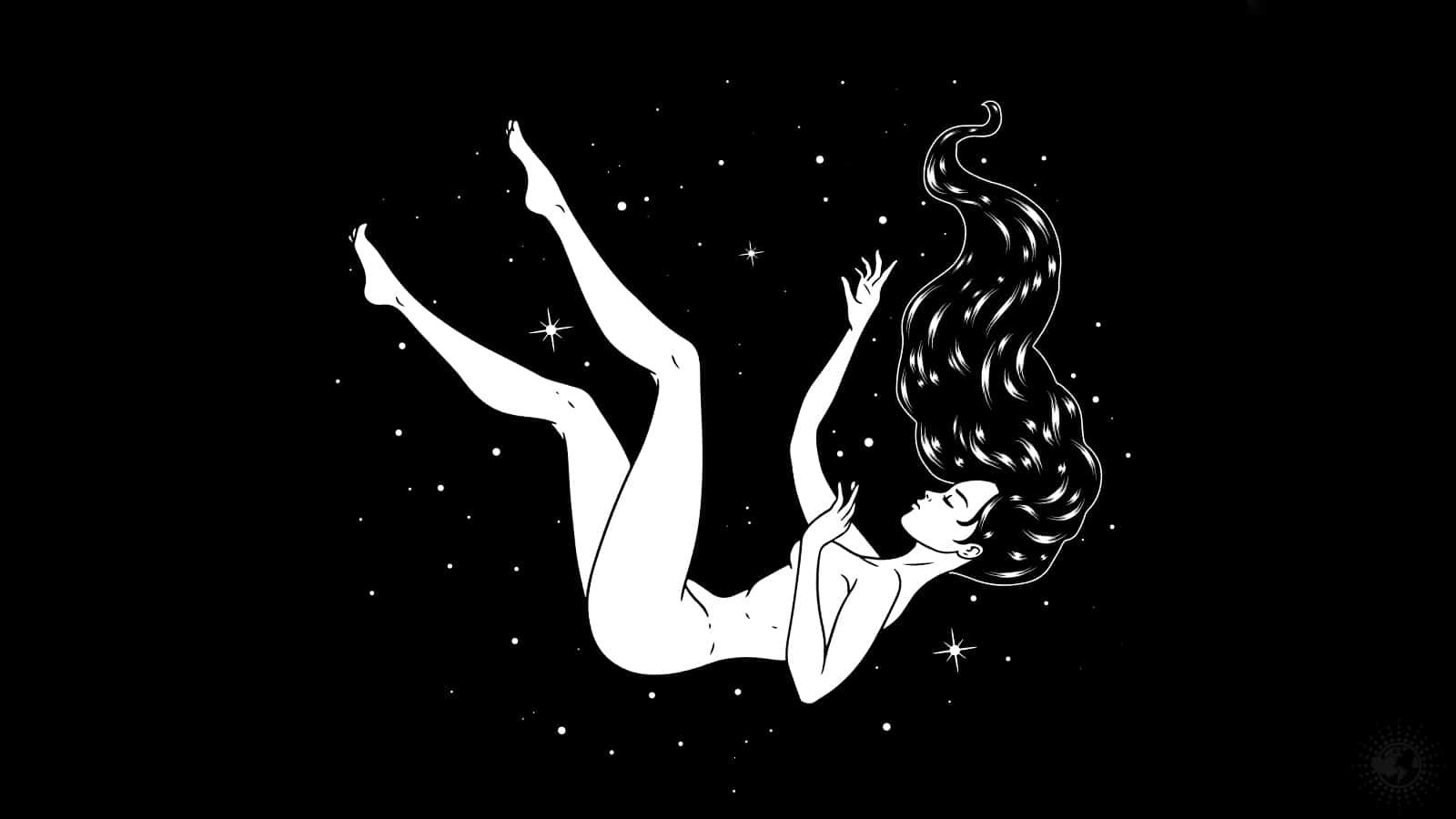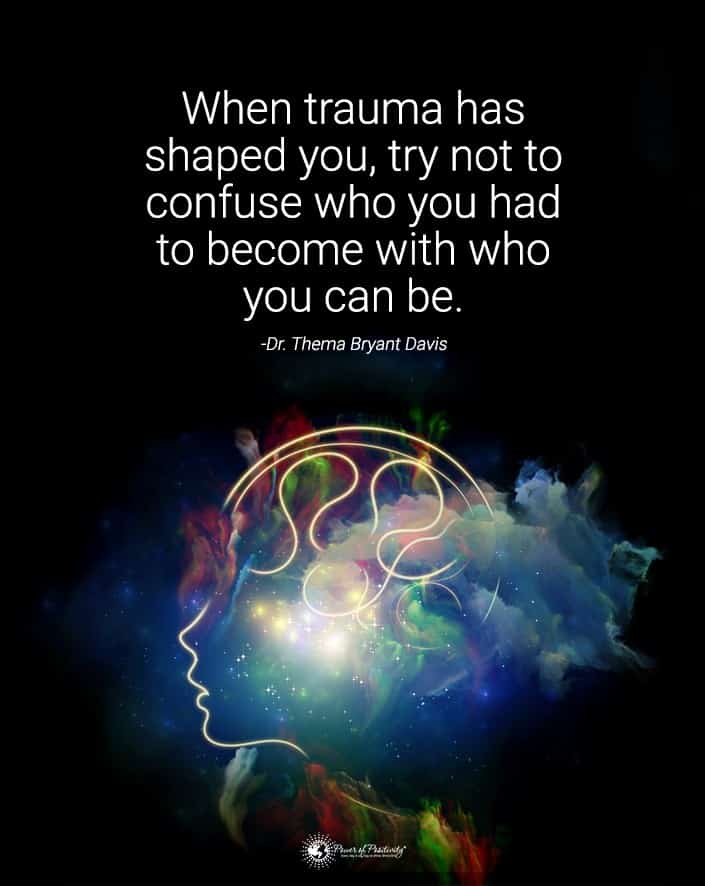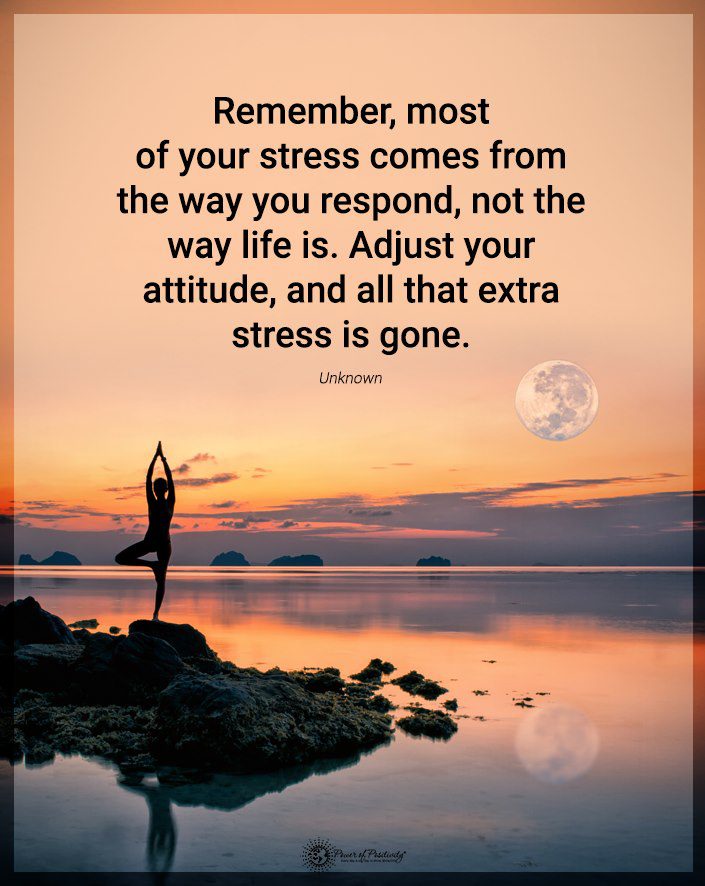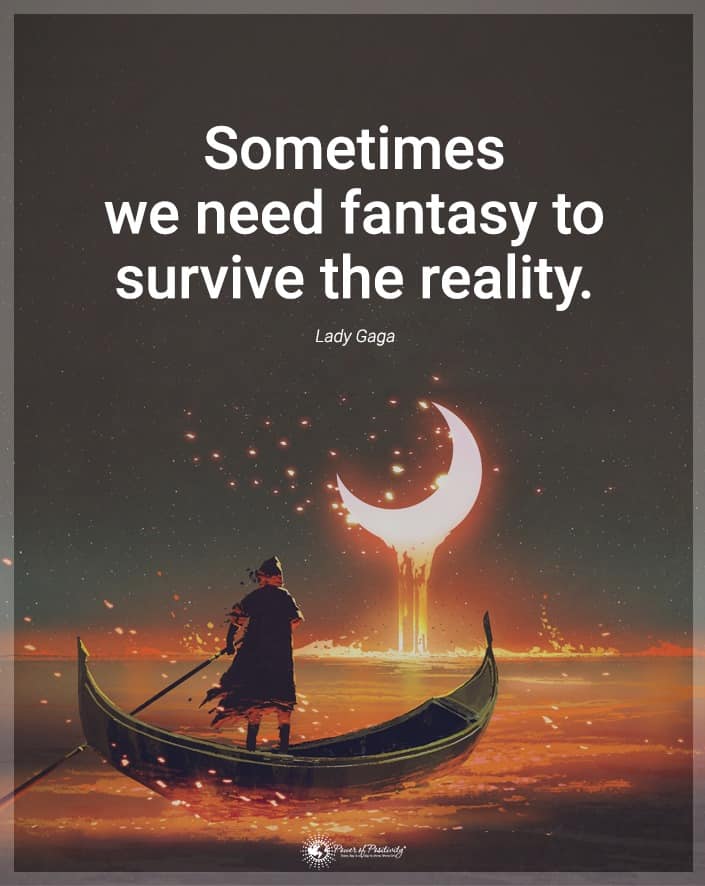An ordinary evening blessing is “good night and sweet dreams.” The hopes are that when you drift off to sleep, your dreams will be gentle and encouraging. However, sometimes your dreams may take a sinister twist into a night terror. Have you ever felt concerned about those nightmare meanings?
According to the Sleep Foundation, everybody dreams at night, whether they remember them or not. Your dreams may be faint blurs, or they can be so vivid that they feel real. This type is called lucid dreaming, and you can often recall them in remarkable detail.
How do you see your night visions? According to an article published by Consciousness & Cognition, most people dream in color. However, approximately 12 percent of people have black and white dreams. People over the age of 25 are more likely to see things in grayscale, per the article.
Before recorded history, humans were fascinated with dreams and their possible link with the spiritual world. Visions often play into people’s fantasies of love, beauty, and success. Usually, your dreams replay the events of the day or things from your past.
These peaceful fantasies may give you a break from the reality of life. You can be anything or go anywhere in your dream world. The laws of time and space are suspended in your mind while you sleep.
“Nightmares are releases” ~Sylvia Browne
Many people have discovered inspiration and creative problem solving from a dream they experienced. Positive dreams are often inspiring and don’t awaken the dreamer. However, most people’s memorable dreams tend to be more harmful than positive.
When you have negative dreams at night, your mind experiences all the adverse emotions it entails. In other words, you are “living” your dream. Unlike the benign experiences in your recurring dreams, negative visions can disturb your mental and emotional state.
What is a Nightmare?
Even if you are a lucid dreamer, you will probably sleep through a positive dream. Depending on the nature of the vision, you may briefly recall it in the morning then forget about it. However, a nightmare will usually startle you awake.
Nightmare meanings are just as much part of the human experience as calm dreams. To the superstitious cultures of the past, these scary visions were the work of the wicked spirits of the underworld. “Mare” is an Old English word for a demoness who brought evil tidings and tried to smother sleeping people.
As with benevolent dreaming, the Universe’s physical laws have been pushed aside in nightmares. Anything in these sinister visions is possible and can seem all too real to you. You may awaken startled, confused, and in a panic, wondering about your nightmare’s meaning.
Children are often plagued by bad dreams of the “boogeyman” and things that go “bump in the night.” Many adults may experience chronic nightmares that can eventually affect their sleep and well-being. Even though your rational mind says, it’s just a nightmare, the primordial fear is still there.
Compare a kitten to a wild tiger, and you have the difference between nightmares and night terrors. An article published by the Mayo Clinic says that one of the main differences between these visions is when they occur. Most nightmares occur during the deep REM sleep stage, while night terrors happen during the sleep-wake phase.
If you have a nightmare, you will usually awaken quickly. However, most people are still in limbo during a night terror, which intensifies the emotions. Amid a night terror, you are apt to scream and have violent movements. These can also be frightening to others who are witnessing your distress.
What Causes Nightmares?
Modern research isn’t conclusive about what causes you to have nightmares, states an article from the Sleep Foundation. It’s even vaguer about nightmare meanings. Some experts believe that these unpleasant visions are your mind’s way of coping with negative emotions or trauma, the article says.
You may be more prone to nightmares if you have certain sleep disorders or physical conditions. Some of the medications you take can disrupt your sleep with unpleasant visions. Remember that your dream world may be negatively affected by battling anxiety, depression, or other mental issues.
If you had bad dreams or night terrors as a child or a teen, chances are you will cope with them into adulthood. Has your sleep pattern been interrupted, and you’re sleep deprived? This condition can also induce unpleasant dreams.
Ten Nightmare Meanings
Dream interpretation is as ancient as the human race. Many early cultures placed heavy emphasis on how dreams are supposedly connected to the spiritual realms. For some, dream and nightmare meanings were indicative of the future.
Do your dreams and nightmares have meaning for your life? Some mental health professionals believe that mental health situations can affect your dreams. Things like depression and even schizophrenia can dictate your night vision. As dreams do, nightmares also have globally recurring themes. Here are ten common nightmare meanings:
1. Being Chased
You’re probably familiar with the inevitable “chase” featured in most horror movies. If you are a horror fan, it may be one reason you have the same event in your nightmares. The killer or monster is in hot pursuit of a victim, which in this case, is you.
As you flee for your life, you jump into your car, and of course, it won’t start. Frantically, you leap out of the car and run into the eerie woods, with the monster right behind you. You can’t turn around to see who or what is chasing you, but you know you are doomed if it catches you.
If you’re stressed and anxious, your nightmare may mirror your desire to escape. The pursuer may not be a monster but a change or a decision you need to make. By confronting whatever is on your heels, you may end the cycle of the bad dream.
2. Undressed for Success
Although this dream doesn’t evoke the terror of a monster attack, it can still make you feel uneasy. You are in your dream, ready to interview for a lucrative job. Suddenly, you glance down, and you are completely naked.
This nightmare is all about your self-confidence. If you stand naked before others, you’re vulnerable. It could be your subconscious revealing that you are unsure of yourself and your abilities.
3. Out of Control Car
Have you ever had a disturbing dream of driving down the street, and suddenly you have no steering or brakes? Maybe you see yourself going the wrong way on a one-way highway. You may envision your car wrecking into another vehicle.
Sometimes, your life feels out of control. It could be stress from home or at work. You feel destined for a “crash” and can’t control anything. Maybe it’s time to re-evaluate some of your personal and professional priorities.
4. Death Becomes You
It’s challenging to have a nightmare about dying and not wonder if it’s a hunch. These are particularly emotional dreams, especially if you see someone murdering you in the vision. As the unseen observer, you watch helplessly as life leaves your body.
Dream and nightmare meanings are usually hidden in the symbols of your mind. This horrific dream doesn’t always mean physical death. You may have experienced a loss or a substantial change in your life, including PTSD. Your brain uses death as a symbol of change.
5. Falling
Of all the dream themes, this is probably the most recognizable. You watch your body falling from unmeasurable heights into a darkened abyss. The fear is real as you tumble through space, waiting to crash at the bottom.
Falling is another classic symbol your brain uses to convey doubt and confusion. You are unsure of your choices and feel your life is pointless. In essence, you are just free-falling.
6. Drowning
In this dream, you may be underwater and struggling to get to the surface before drowning. It may be combined with the “killer” nightmare as someone trying to drown you.
Are you “drowning” in depression or other problems? Maybe someone in your life is holding you back from success, symbolically “drowning” you. If you nearly drowned in real life, it can also be a replay of the trauma.
7. Losing Your Teeth
This common theme is more disturbing than it is scary. You look in the mirror, and suddenly your pearly teeth drop out one at a time.
One of the first things people notice about you is your smile. If you feel shy around others, maybe you feel like you’ve lost that toothy grin. It can also symbolize your self-image.
8. Being Lost
In your nightmare, you wander around through a wooded area and can’t find the path. Maybe you’re in your car and don’t know where you are or where you’re going. Either way, you’re lost and frightened.
It’s normal to feel sometimes lost in your life. You may be unsure of your goals even when things are going well. Defining your goals may settle your mind and eliminate this scary dream.
9. Being Paralyzed
In this distressing dream, you either sit or stand and can’t move a muscle. It’s as if your body has turned to stone. This nightmare may also occur with an unknown attacker theme.
Sometimes, a toxic person or situation makes you feel stuck. Engaging with toxicity may cause this imagined paralyzation. Breaking away from the toxicity may stop the dream from reoccurring.
10. Natural Disaster
People who have survived natural disasters or other traumas can relive the fear and pain in nightmares. It’s a symptom of post-traumatic stress disorder or PTSD. You can also have such a nightmare when you don’t have this condition.
If you do not have PTSD, dreaming of a natural disaster may be your subconscious fear of one. If this is a recurring nightmare, it may indicate that you have an undiagnosed phobia.
Final Thoughts on Nightmare Meanings
Remember that dream interpretation and nightmare meanings are subjective. However, these common themes often have rational explanations. If you are coping with chronic nightmares disrupting your sleep, you must get to the bottom of it.

















 Community
Community

